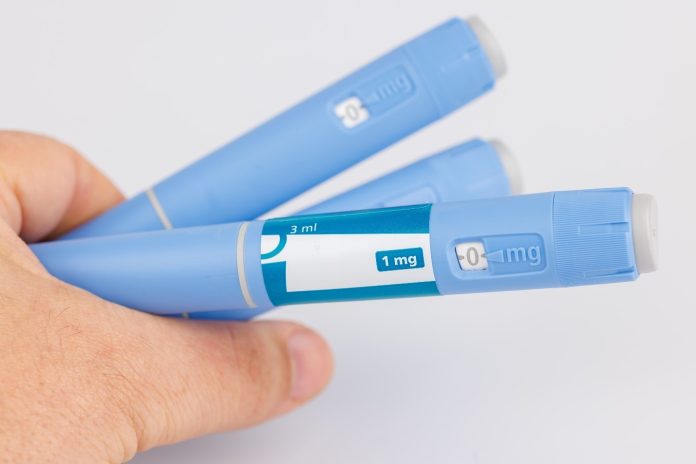Isometric Workouts Match Blood Pressure Drugs in Effectiveness, Groundbreaking Studies Show
Twelve minutes of static strength holds three times a week may reduce hypertension as much as medication—without the side effects.
By yourNEWS Media Newsroom
New clinical evidence is challenging decades of medical advice on how to manage high blood pressure. While aerobic activity and pharmaceuticals have long dominated treatment protocols, recent findings highlight the superior benefits of a simple, overlooked solution: isometric exercise. According to a 2023 meta-analysis of 270 randomized controlled trials, static strength holds like wall sits and hand grips are not only effective—they are now ranked as the most potent non-pharmacological intervention for lowering both systolic and diastolic pressure.
The study, published in the British Journal of Sports Medicine, evaluated nearly 16,000 adults and determined that isometric exercises reduced systolic blood pressure by an average of 8.24 mmHg and diastolic by 4 mmHg. For context, even a 5 mmHg drop in systolic pressure can reduce the risk of stroke by 34% and fatal heart attacks by 21%.
These findings were reinforced by a systematic review, which compared the efficacy of multiple training modes. Though all forms of exercise helped, isometrics—such as wall squats and grip training—consistently outperformed aerobic and resistance training in lowering resting blood pressure levels. Despite this, current health guidelines continue to emphasize cardio, overlooking mounting evidence of isometrics’ unique benefits.
The Mechanism Behind the Method
Isometric workouts involve holding muscle contractions without joint movement. The act of clenching muscles restricts blood flow temporarily. When the contraction ends, vessels dilate in what researchers describe as a “vascular rebound” effect—causing blood to surge back through the system and improve overall vessel elasticity. This phenomenon not only supports lower blood pressure but trains vascular tissues to respond more efficiently over time.
Wall squats emerged as the top-ranked exercise for systolic reduction with a 98.3% effectiveness score. Traditional cardio, such as running, showed only 39.4% by comparison. Co-author Dr. Jamie O’Driscoll noted, “Isometric exercise isn’t just effective—it’s the most effective training mode for reducing resting blood pressure.”
Isometric methods are not just for athletes. Many are already included in basic yoga poses or mobility routines. And while the time commitment is minimal—just 12 minutes, three times a week—the impact is measurable.
Top At-Home Isometric Exercises:
- Wall Sit: Lean against a wall with knees bent at 90°, hold until failure.
- Plank: Rest on forearms, engage the core, and keep the body straight.
- Hand Grip: Squeeze a stress ball or dynamometer in 45-second sets, five times.
- Glute Bridge Hold: Raise hips, squeeze glutes for a sustained hold.
- Overhead Press Against Wall: Push hands upward against resistance.
- Calf Raise Hold: Rise on toes and hold the peak position.
- Chair Pose: Squat with thighs parallel to the ground and hold.
- Doorway Row: Pull back against a doorframe without movement.
- Towel Pull: Wrap a towel around an immovable object and pull statically.
- Abdominal Vacuums: Contract the stomach muscles deeply and hold.
Side Effect-Free and Scalable
Isometric exercises offer a clear advantage over hypertension medications, which often carry risks like dizziness, fatigue, and kidney impairment. A 2014 Japanese trial showed that isometric hand grips alone could reduce systolic pressure by 10 mmHg—equivalent to low-dose diuretics.
Moreover, the routine is scalable across age and fitness levels. Unlike high-impact aerobic sessions, isometric training can be performed with minimal equipment and no specialized space. As research has shown, even modest regimens yield results when applied consistently.
The implications are clear: In a healthcare system where lifestyle interventions are often underused in favor of pharmaceutical solutions, isometric training offers a powerful, low-cost, and risk-free option for blood pressure control.
For those seeking alternatives to drug dependency, science now validates what many fitness practitioners have long observed—short bursts of focused effort may be the most efficient way to protect heart health. The tools are simple. The evidence is strong. And the benefits could be life-saving.











